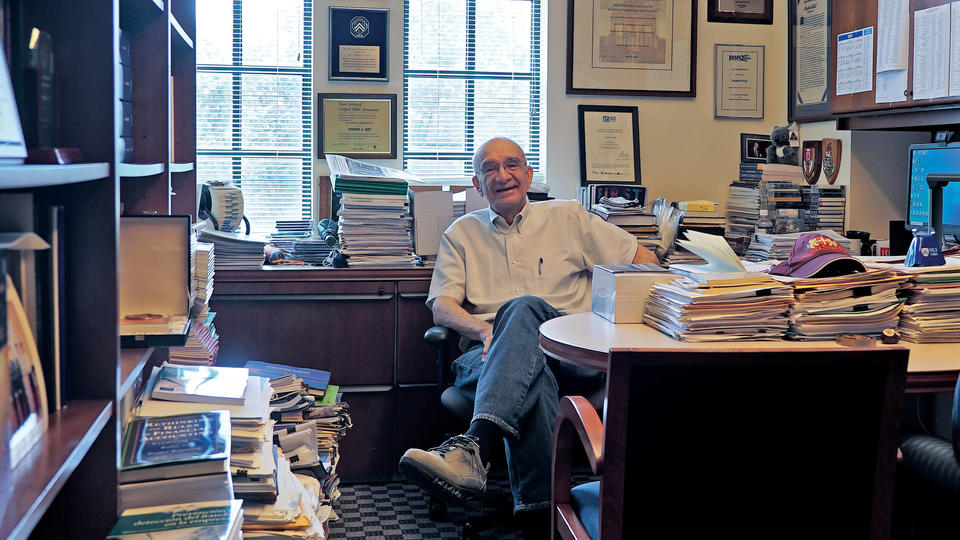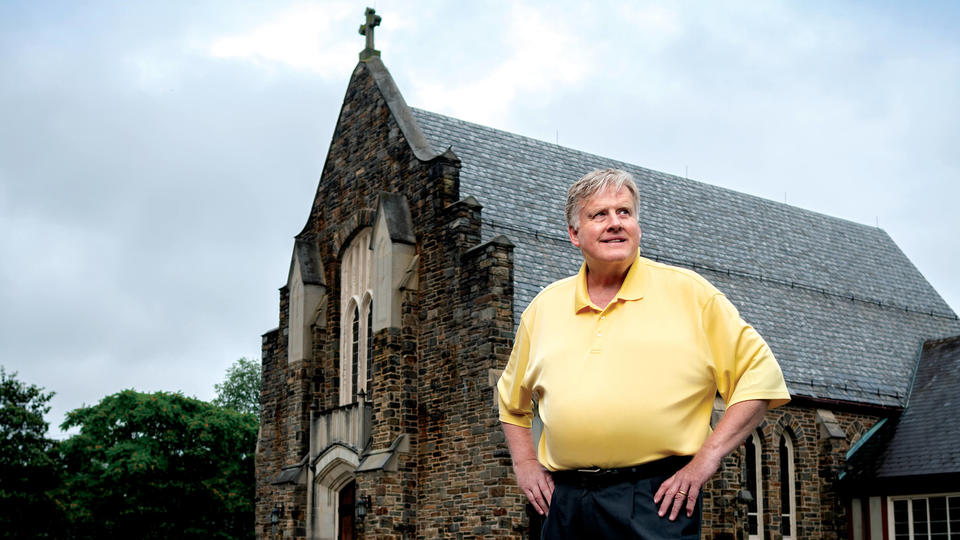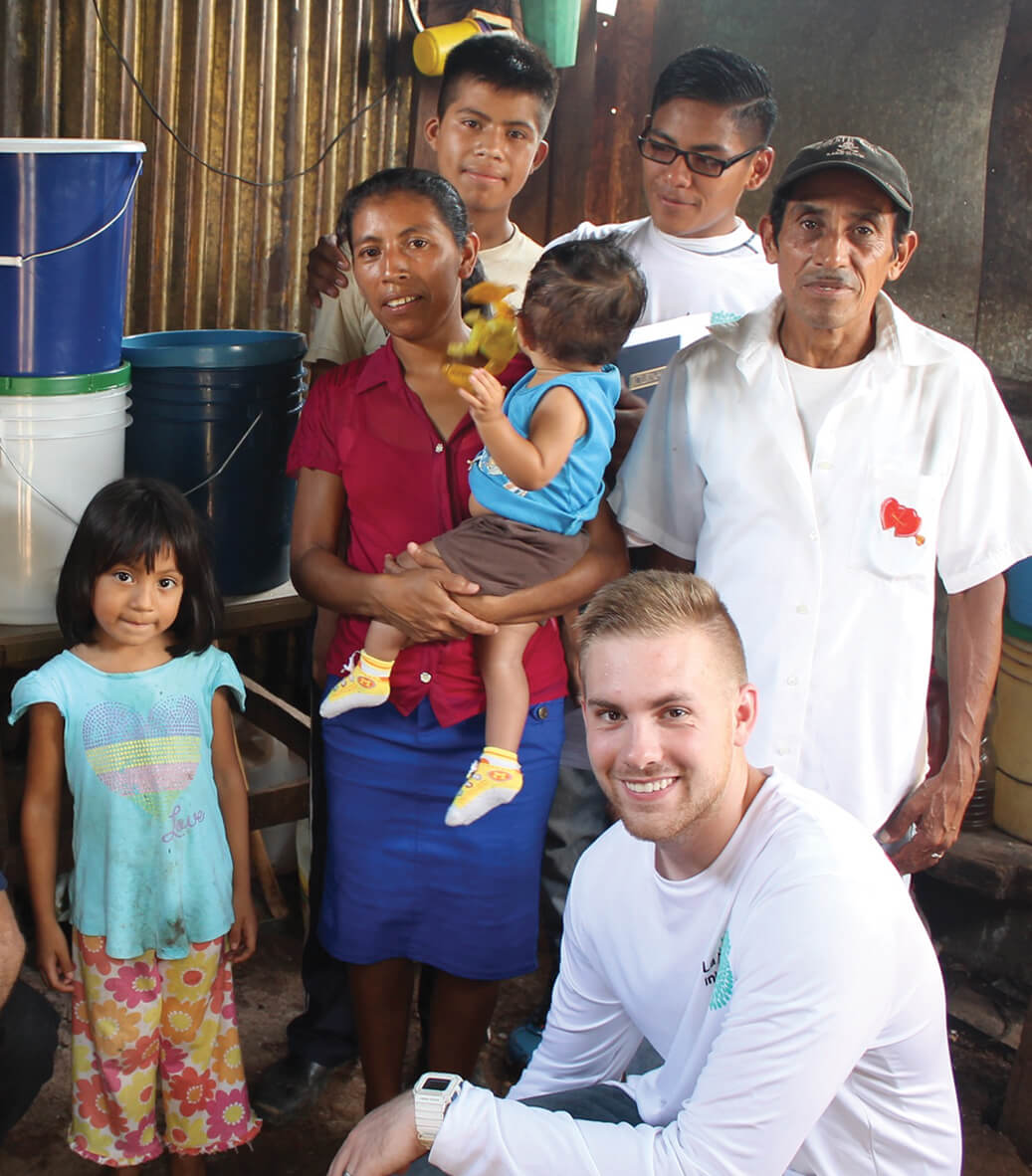
Cup Overflow
How Tyler Clason ‘22 tackled water access and education in Nicaragua.

When Tyler Clason walked through La Dalia, Nicaragua, during a mission trip in 2015, rain water slid down the street from a recent storm. It was during that walk that Clason watched a young mother bend down near a rain gutter to catch the runoff in a baby bottle. Then she took that water, added formula, and gave it to her child. Clason knew then that he had to do something about water access in the area, as well as education around water cleanliness and health.
Though Clason loved La Dalia and the coffee and sugar cane farming families that made up the village, the actual living conditions in Nicaragua were tough, so the mother’s water collection technique really wasn’t surprising. “Living conditions are extremely humble in Nicaragua,” says Clason, who had lived and worked in the country for two years. “Most people never had a fridge, never had air conditioning, never had an automobile, never had a bicycle. Homes were made of plastic tarps or bamboo paneling or cinder blocks — but even cinder block was considered a luxury in some areas.”
When it came to running water, things didn’t look much better. Some homes had running water. Others did not. Clason’s hut was part of the 25% of Nicaraguan homes that were hooked up to the municipal system, so he was lucky in the fact that water came out of the pipes, but when he went to drink his first glass in his new home, he saw that it was teeming with mosquito larvae. “In some situations,” says Clason, “the municipal water system is less healthy than a natural water system.”
When Clason returned to Brigham Young University, where he was pursuing his bachelor’s degree, he got to work creating what would eventually be called OneWater — a nonprofit aimed at education around and accessibility to clean water in Nicaragua. Creating a nonprofit can be difficult — finding funding and volunteers can be a struggle — but the journey is compounded when the nonprofit is in a foreign country. Clason learned two things early on. One, he would need the locals’ help in order to make OneWater work, especially in a country that harbored distrust for Americans. Two, he would need a career that would allow him to support OneWater with his time, as well as financially. OneWater would never be a source of income. Clason wrote into the bylaws of OneWater that only local Nicaraguan labor would receive compensation/salary.
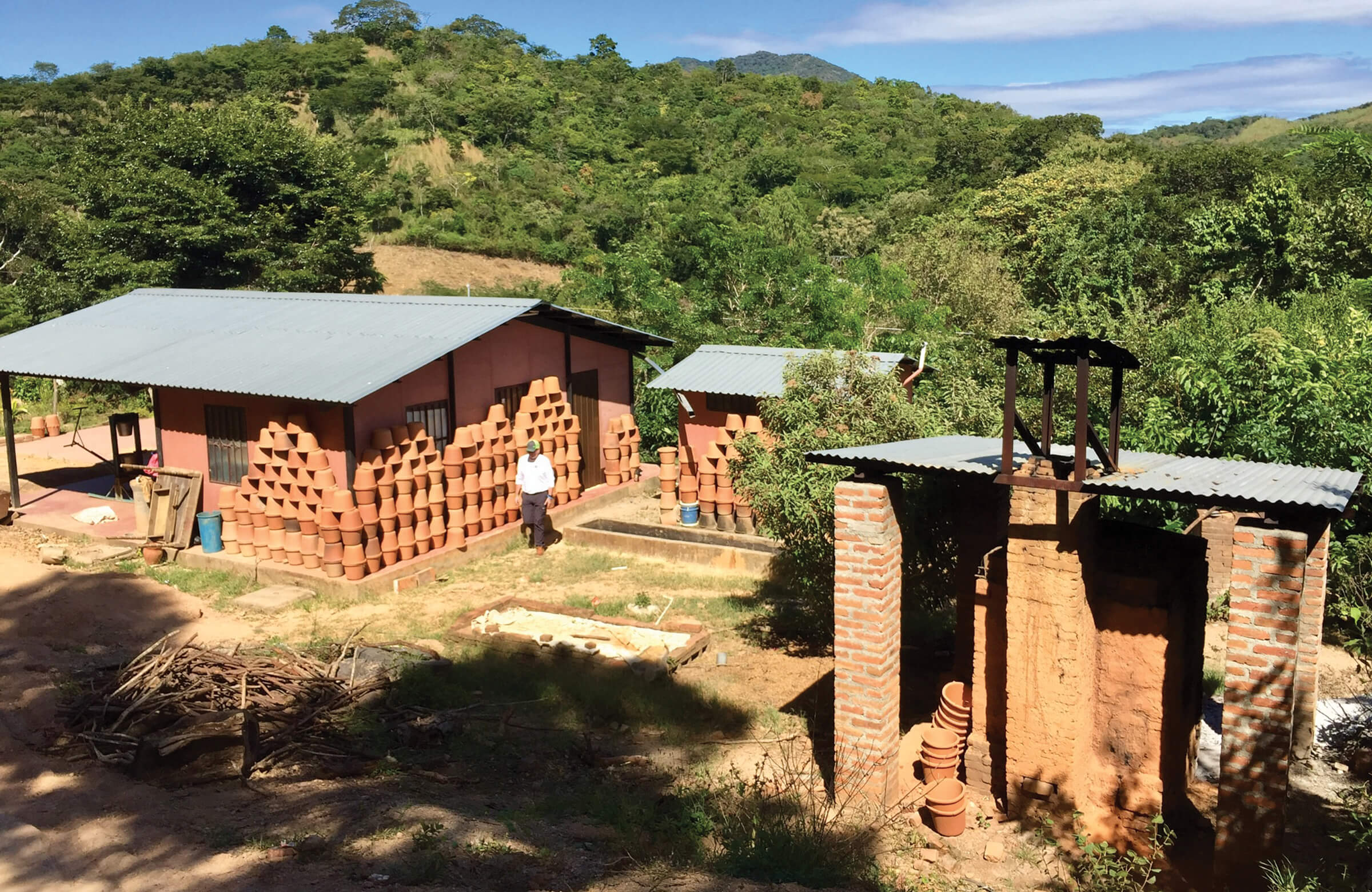
To achieve the former, OneWater’s board created the role of local agents, often called village Water Captains, who are trained in filtration systems and OneWater’s educational materials. Local agents act as liaisons between OneWater and the homes in their villages, helping to troubleshoot filtration system problems and identifying villagers who need the filtration systems the most.
To achieve goal number two, Clason left his role with Ernst & Young to pursue his MBA full time with the aim of continuing a career that would allow him both financial flexibility and work-life balance to continue to make OneWater a success. “Rice was a no-brainer,” says Clason. “This is a school that prides itself, rightfully so, on having global impact and accepting students from all over the world.” That global business strategy was a must-have for Clason, who ultimately joined Dow Chemical in a Global Corporate Strategy role. Joining Dow after his MBA aligned with this goal as well. “A career with Dow post-MBA allows me to further develop my global business acumen.” He admits that right now, it’s difficult for him to step aside from the day-to-day of OneWater and focus on his post-MBA early-career development. “I want to be involved, but that’s selfish because it’s not about me. It’s about the people in Nicaragua,” he says.
“I just love it. I love being down there in person. I love doing the work. I love talking to the people. I love solving the problems.”
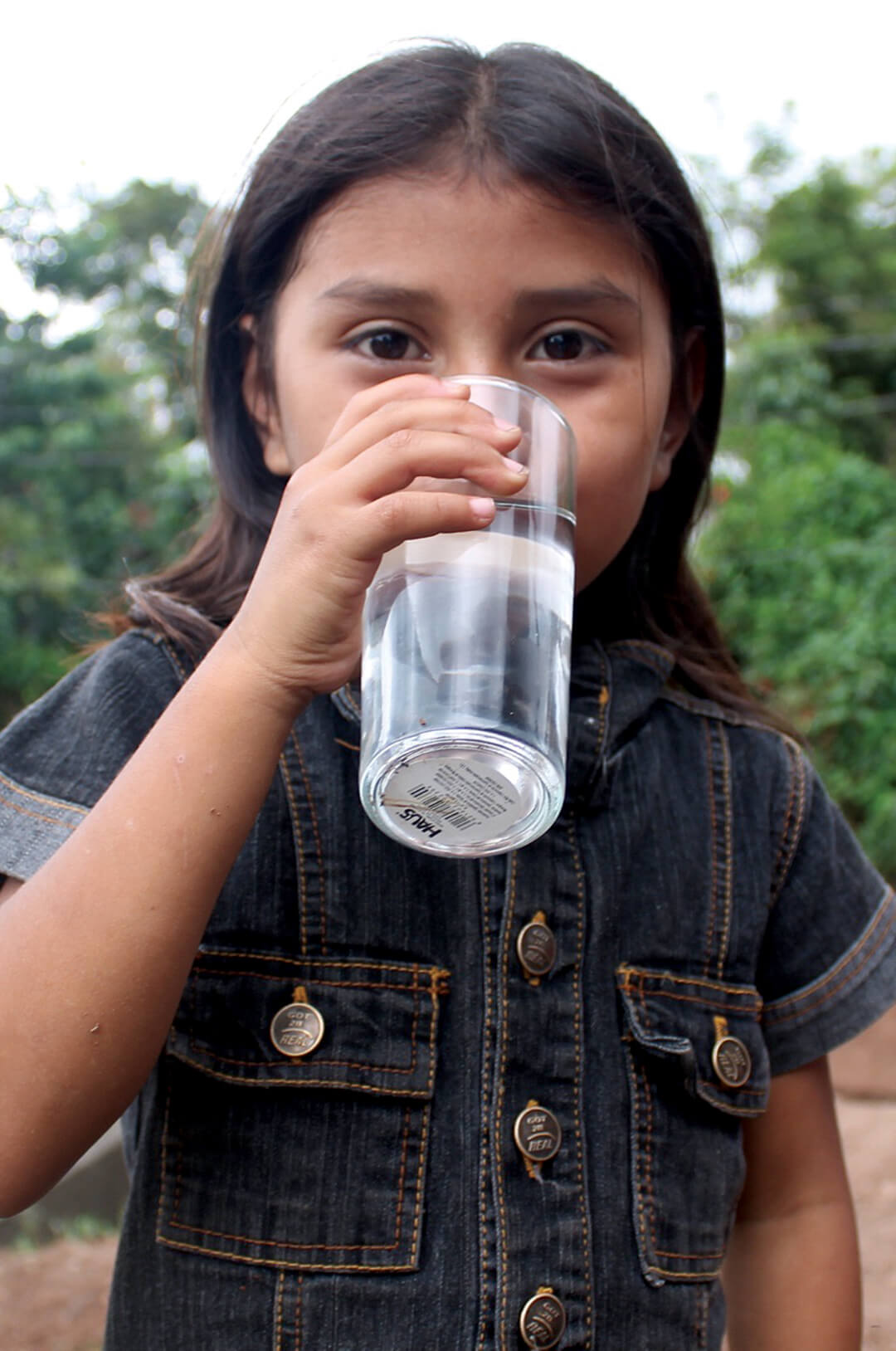
He relies heavily — and is grateful for — an expert operations team in country. “I am able to hone skills learned at Rice in sustainability, global business and strategic problem-solving in my career at Dow that will help develop me to be a better leader and ultimately drive more value with OneWater.”
Clason also relies heavily on the State Department to protect himself and his employees and volunteers. The anti-America sentiments in Nicaragua are so strong that Clason has had rocks thrown at his head and was robbed several times at knifepoint and once, with a machete. “It became an unfortunate pattern,” says Clason, “but you know what? I was never jaded by it. It never impacted how I feel about the Nicaraguan people.” In response, OneWater has built tight processes and controls for the team, and they’re careful to make sure that Nicaraguans are leading the effort. “It’s always a Nicaraguan leading the conversation in the work we’re doing down there.”
The model seems to be working. To date, OneWater estimates that they have helped filter more than 1 million gallons of water for Nicaraguan families and saved those families $40 a month and 900 hours of time that is normally spent carrying or cleaning water, or attending to family members’ health issues caused by contaminated water and systems.
Though he loves the travel, the place, the work, the people and the problem-solving, Clason wants to ensure that OneWater can operate without him. “A bunch of Americans can go down and do the work, but the greatest part is that when we leave, it’s a continual operation, whether we’re there or not,” he says. “And that, ultimately, is what we want OneWater to be.”
Learn more about OneWater at one-water.org
